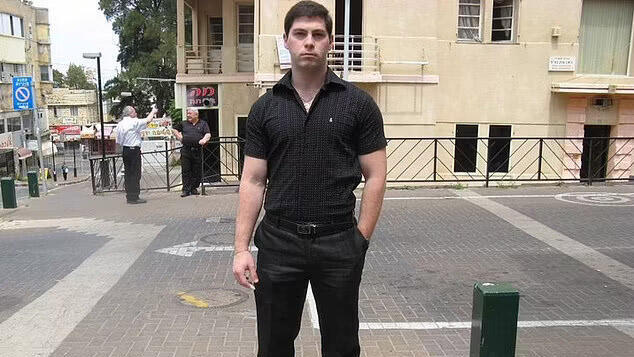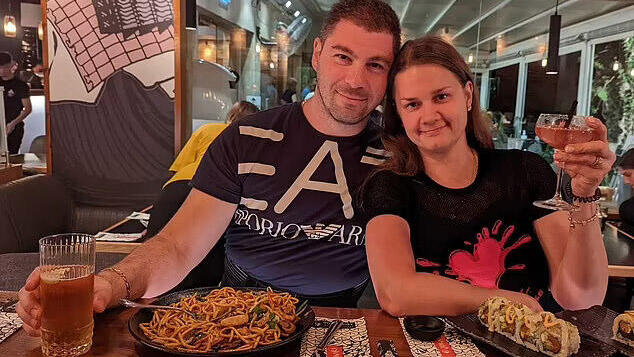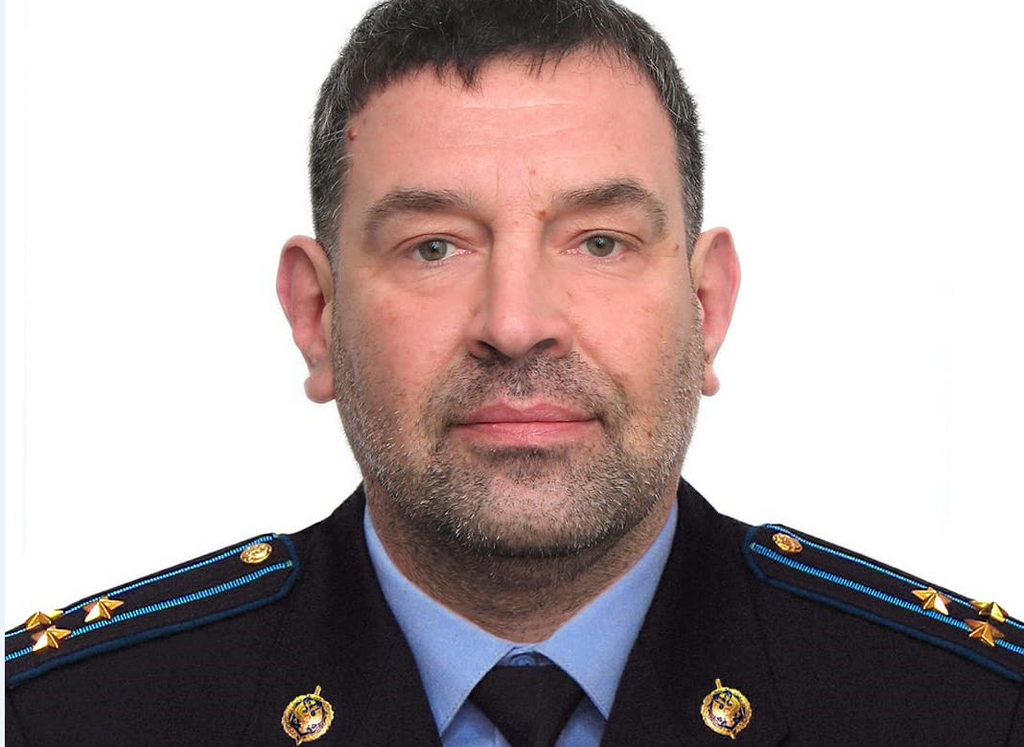Israeli citizen Alexey Brayman was indicted for smuggling weapons and sensitive technology to Russia along with six others, shocking his neighbors in a quiet New Hampshire town.
The Ukraine born Brayman (35) and six other people were prosecuted by the U.S. for smuggling the sensitive components to Russia after its invasion of Ukraine.
According to court filings, his New Hampshire home was a "frequent transshipment point for items that were unlawfully exported from the United States to Russia." If convicted, Brayman could be sentenced to 30 years in prison.
Neighbors of Alexey Brayman talk about the affair
The Russian online social media and social networking service VK published a text previously written by Brayman about his Ukrainian roots and connection with Israel, where he spent many years of his childhood.
"I was born and raise in Kyiv. I moved with my parents to Haifa for a vacation when I was 12. This was the longest vacation of my life," he wrote humorously. "I am very connected to my roots and love the Ukrainian culture, tradition, holidays, food, and music."
The group of seven smugglers worked with Russian intelligence services to acquire equipment that has civilian uses, and can also be used to make nuclear or hypersonic weapons. According to the U.S. officials, they began operating as early as 2017.
The Boston Globe said that the equipment “could make a significant contribution to the military potential or nuclear proliferation of other nations or that could be detrimental to the … national security of the United States.”
Out of the seven arrested, five were Russians nationals. Amongst them was Borris Lifshitz, who apparently purchased prohibited materials from American electric companies while deceiving the suppliers as to their purpose and destination.
Lifshitz is a Russian national who previously lived in Brooklyn, NY and went by the name "David Wotsky". Part of his job was to ensure that the materials were delivered to the Brayman home in New Hampshire.
In March 2022, two weeks after the Russian invasion of Ukraine, Brayman and Lifshitz spoke about delivering the equipment to Russia through Germany. In another correspondence on May 10, Brayman asked Lifshitz if there was a need for what he called a "certificate of origin," to which Lifshitz replied - "you have to get rid of it." Brayman then responded, saying "I'm throwing it away."
Upon receiving the components, Brayman sent them to Vadim Konoshchenok, a suspected officer in Russia’s Federal Security Service (FSB) in Estonia, who was allegedly responsible for smuggling the goods to Russia.
Last October, amid one of his many smuggling attempts, Konoshchenok was arrested with 35 different types of semiconductors and electronic components. Additionally, some 375 pounds of ammunition originated from the U.S. was found in a warehouse used by him. He is expected to undergo extradition proceedings to the U.S.
The identities of the remaining four Russian nationals of the group remain unknown.







